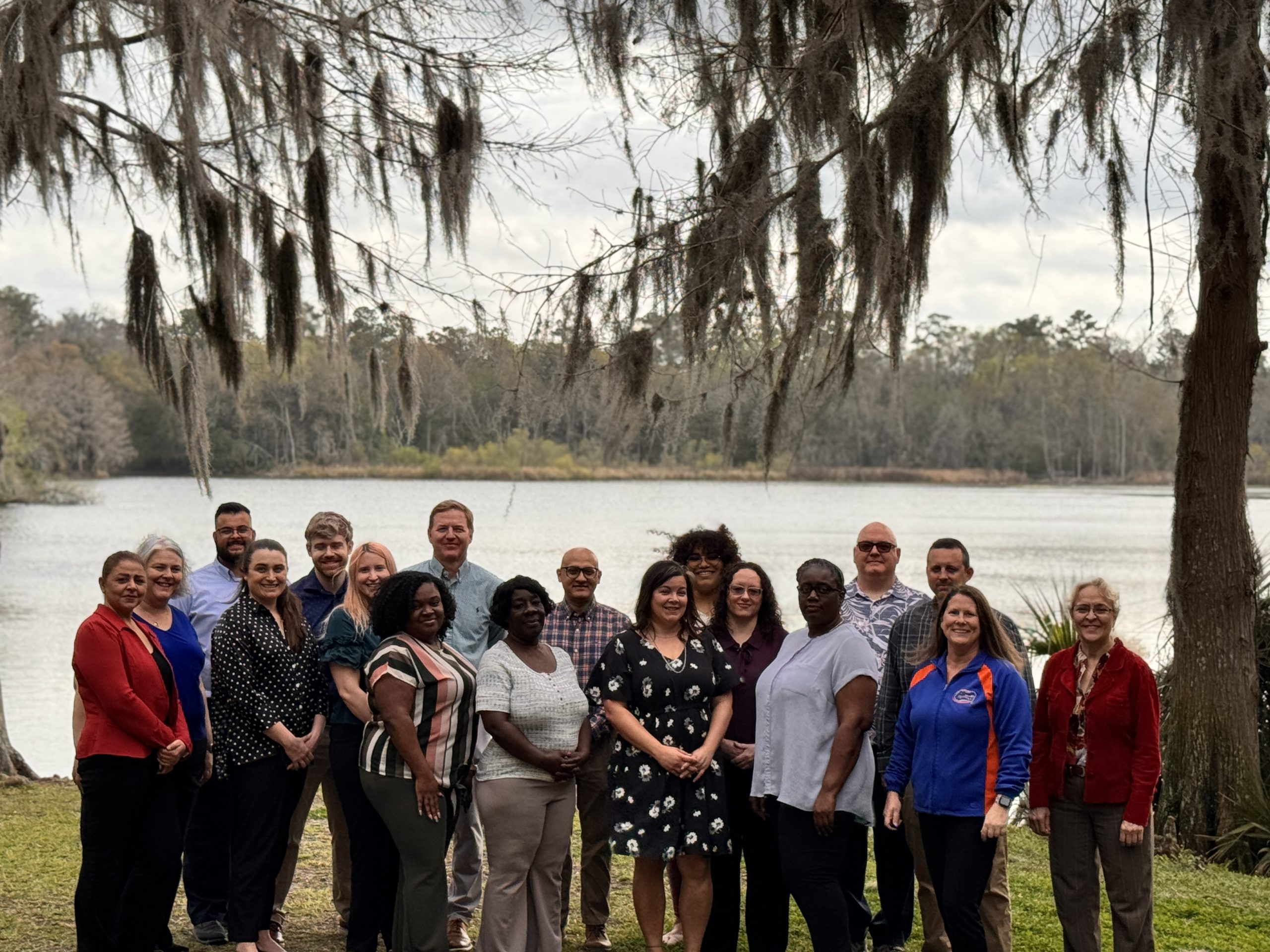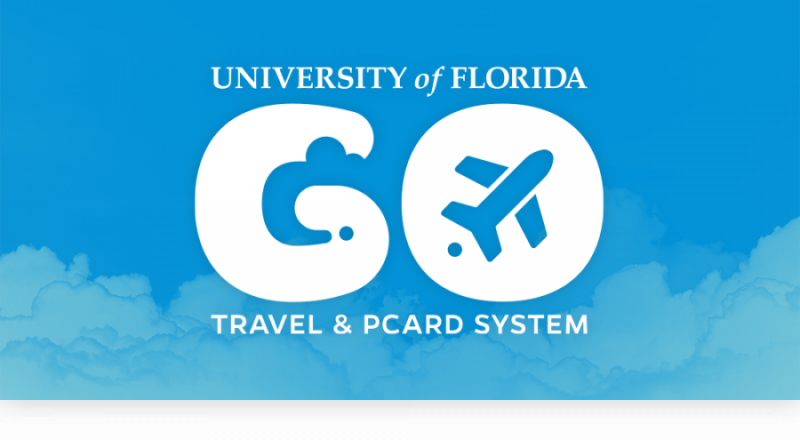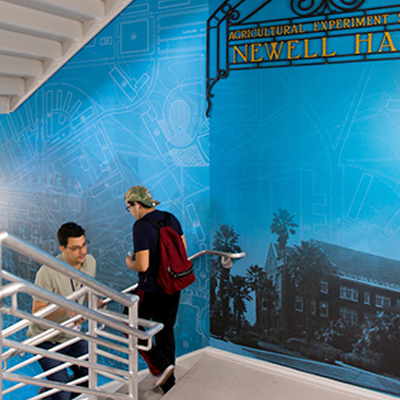- Homepage
- Procurement Directives and Procedures
Procurement Directives and Procedures
Revised 1/6/2026
The intent of these Directives and Procedures is to provide the UF community with uniform and consistent direction relative to appropriate purchasing procedures and practices for the acquisition of commodities, contractual services and construction. University Procurement Services will be glad to assist with procurement and purchasing issues and can be reached at 352-392-1335. Training on Procurement policy is available in person at Elmore Hall, Purchasing 101 (class PRO305 in myTraining), and on-line through myTraining for the requisitioning system and PCard. Search for “purchasing” activity in myTraining.
A link to the Directives and Procedures document can be found here: UF Procurement Directives and Procedures





